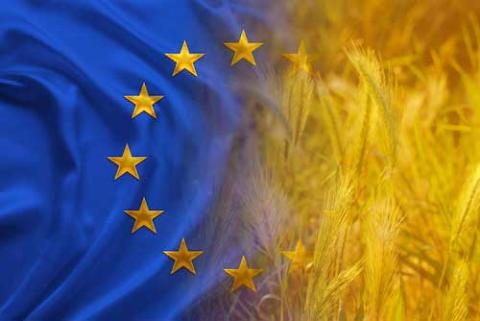European Economic
and Social Committee
Enlargement and the EU agri-food sector
In the opinion, the EESC:
- Highlights that this unique enlargement, shaped by current geopolitical circumstances, should not undermine candidate countries' preparedness, necessary legislative reforms, or adherence to core EU values. Ensuring these aspects is crucial despite the distinct challenges posed by the present situation.
- Believes that this enlargement offers opportunities to enhance the EU’s strategic autonomy but acknowledges the mixed results of past expansions. It urges the European Commission and candidate Member States to manage the impacts on potential losers, particularly family farms and agri-food SMEs in both the EU and candidate countries.
- Stresses that candidate countries must align with CAP objectives and values. Necessary CAP reforms and a related financial framework should be agreed upon before enlargement, with an increased CAP budget to compensate EU farmers for any negative effects, considering social costs. Current net contributors must be prepared to pay a higher GDP proportion to the EU, given the net benefits for EU industrial goods and services exporters.
Context:
The EU’s current enlargement process is unique, influenced by the war in Ukraine, necessitating careful resource allocation and strategic planning, especially for agriculture. This expansion aims to boost EU autonomy in food production and strengthen its global agri-food trade while promoting sustainability. Recent enlargements have included gradual access to the single market for candidate countries, unlike past expansions. Public opinion, particularly in France and Germany, has favored a ‘privileged partnership’ over full membership for some states. The EU’s agricultural sector, responding to geopolitical tensions, reduced agri-food exports to Russia post-Crimea annexation. Ensuring future enlargement benefits both new and existing members remains crucial for the EU’s sustainability goals and global standards.
Section:
Section for Agriculture, Rural Development and the Environment (NAT)
Rapporteur: Stoyan TCHOUKANOV (Civil Society Organizations Group III - Bulgaria)
Reference: EESC-2024-01019-00-00-AS
Exploratory opinion requested by the European Commission
Date of the section meeting: 28 June 2023
Date of adoption at the EESC plenary session: 11 July 2024
Results of the plenary session vote: ? in favour, ? against, ? abstentions
Contacts:
Katerina Serifi
Press Officer
Tel.: +32 (0) 473 72 29 99
Email: aikaterini.serifi@eesc.europa.eu
Martine Delanoy
Administrator
Tel.: +32 (0) 2 546 9802
